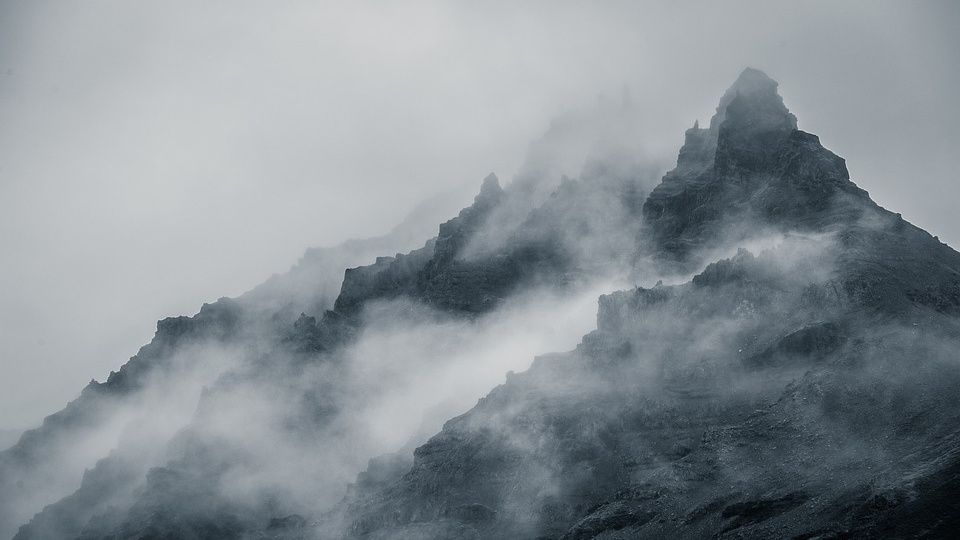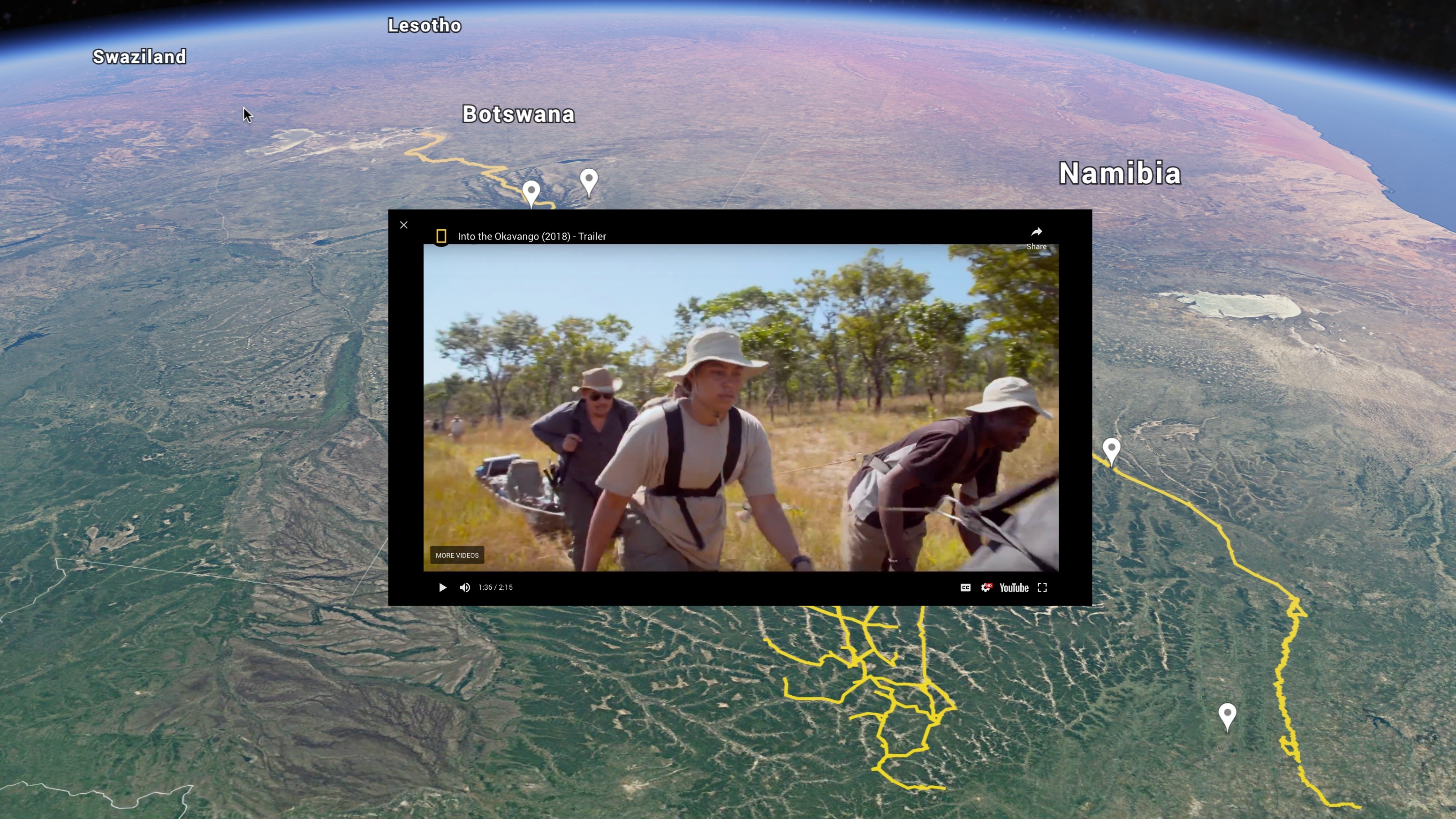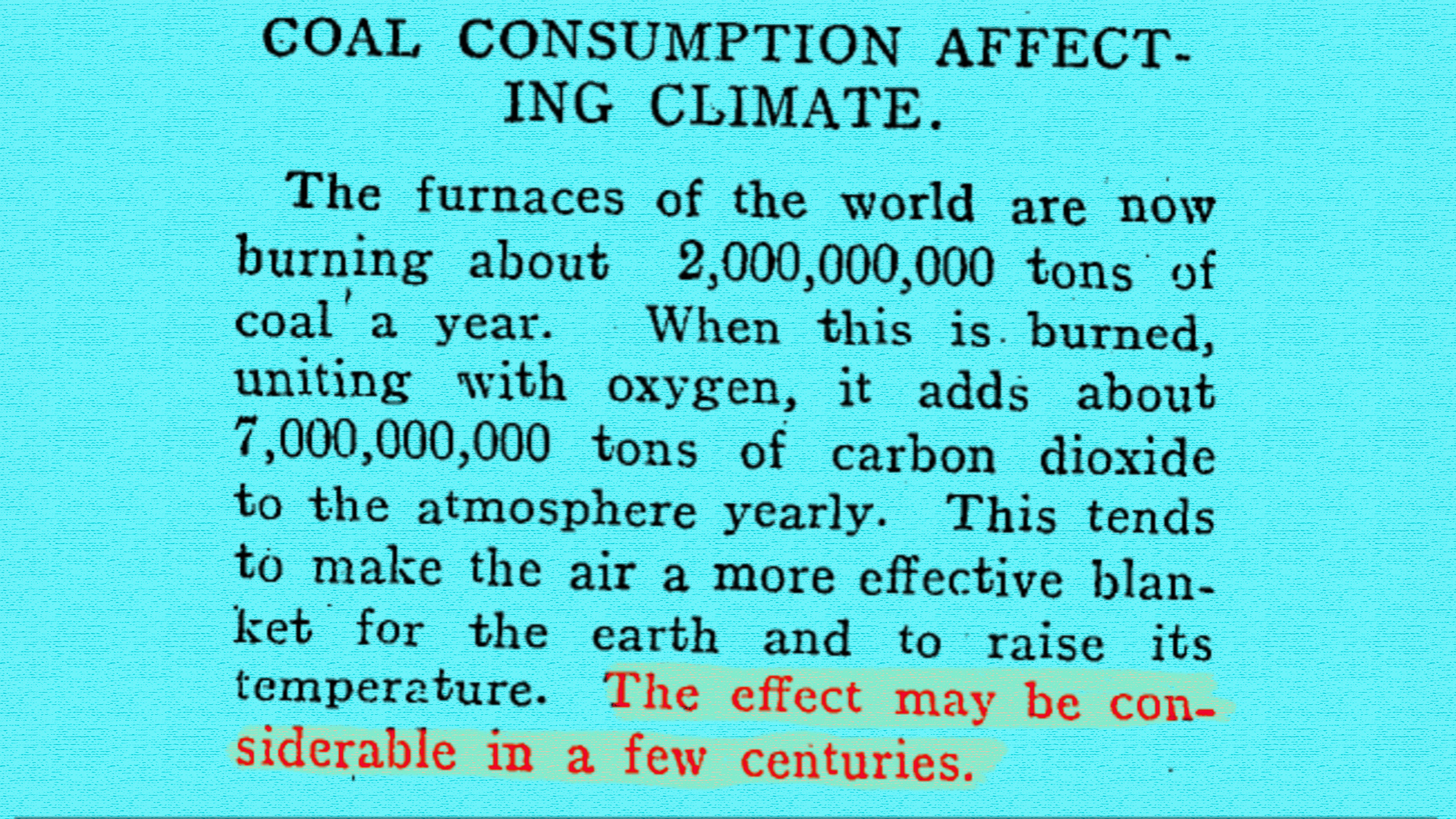pollution
The new method appears to be more efficient and cheaper than current carbon capture technologies.
When these particles are eaten by earthworms, the results are not good.
New technology offers us a look at the green future of aviation and cargo shipping.
For decades, Americans sprayed the notorious pesticide DDT all over their homes and fields. But it turns out we may have known about — and ignored — a safer alternative used by the Nazi regime.
While the blockbuster franchise might have given us a distorted view of science’s capabilities to address species extinction, new research might come close to “resurrecting” lost species’ DNA.
The net famously failed to work as planned last year. Now, a new version is making waves.
We need electric planes, sustainable aviation fuels, and hybrid propulsion now, not later.
An ecological silver bullet is missing the target altogether.
The startling discovery comes from researchers with the U.S. Geological Survey.
The synthetic chemicals — called PFAS — never break down naturally.
It’s made from Chernobyl water and rye. What could possibly go wrong?
Fionn Ferreira will receive $50,000 for winning Google’s annual student competition.
Study shows minerals sequester carbon for thousands of years, which may explain oxygen’s abundance in the atmosphere.
When it comes to climate change, today’s airplane pollution is a real problem.
Controversial map names CEOs of 100 companies producing 71 percent of the world’s greenhouse gas emissions.
Lasers could cut lifespan of nuclear waste from “a million years to 30 minutes,” says Nobel laureate
Physicist plans to karate-chop them with super-fast blasts of light.
The controversial herbicide is everywhere, apparently.
Who would’ve thought that never seeing blue sky would bum you out?
Air pollution is up to five times over the EU limit in these Central London hotspots.
Whether or not there are tropical islands in 50 years might depend on whether or not we can eat fewer hamburgers.
As costs go down and the benefits become more clear, can we afford not to eat lab-grown meat?
The next gold rush might take place in our sewers.
A new paper in Nature adds urgency to the fight against climate change.
They’re creating an unprecedented map of Earth to help government leaders make better decisions in regard to climate change.
Maybe the only chance they have to tell their story before they’re gone.
The study was small: 8 people from 8 different countries. But the findings have alarmed scientists.
By 2022, there may be as many as three artificial moons floating above the city of Chengdu.
The greatest danger to our planet is not pollution or climate change, but our own despair.
Antidepressants are destroying underwater ecosystems, which we in turn eat.
They were a little optimistic in 1912, but they understood that adding carbon to the atmosphere has side effects.





























